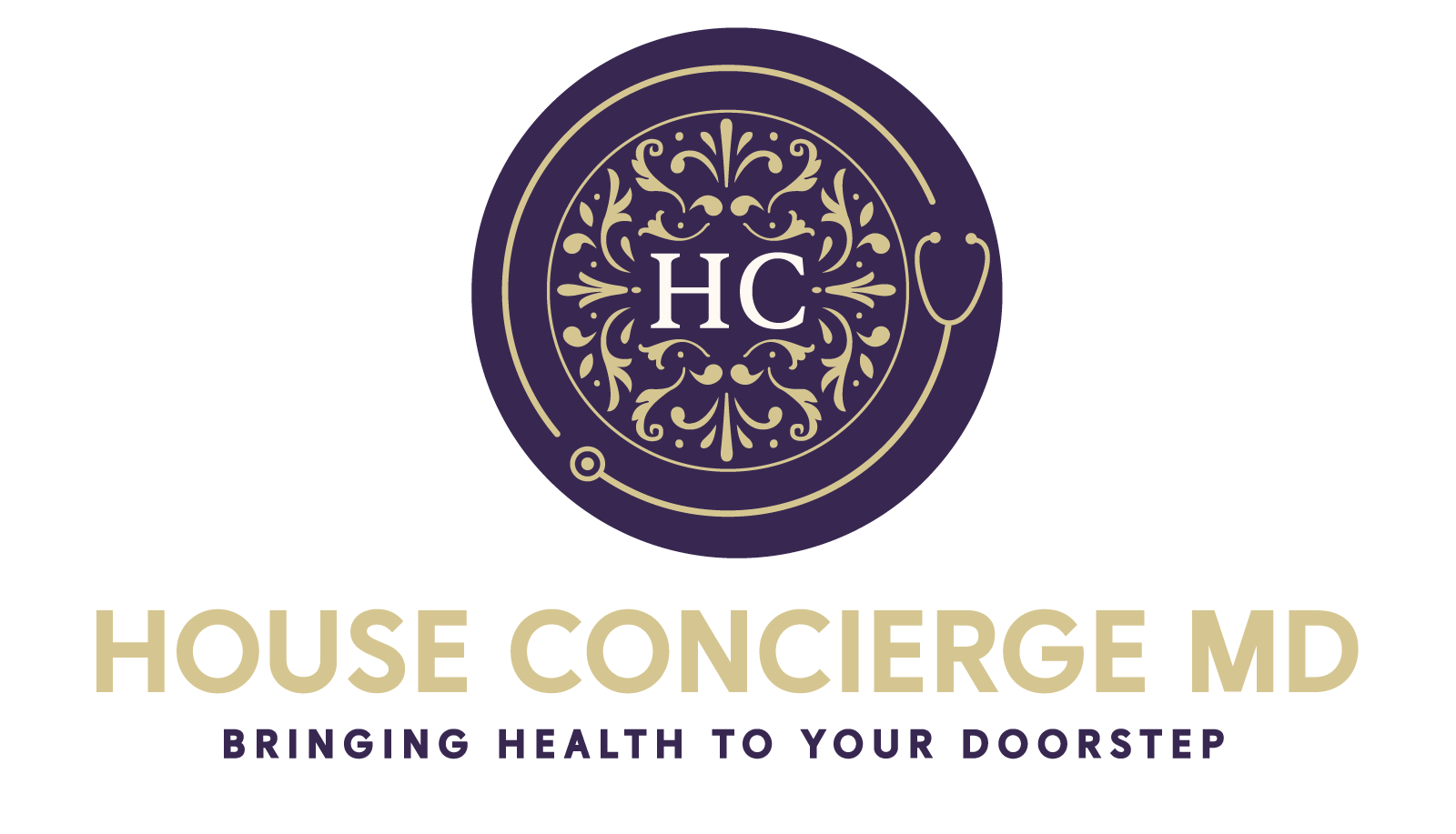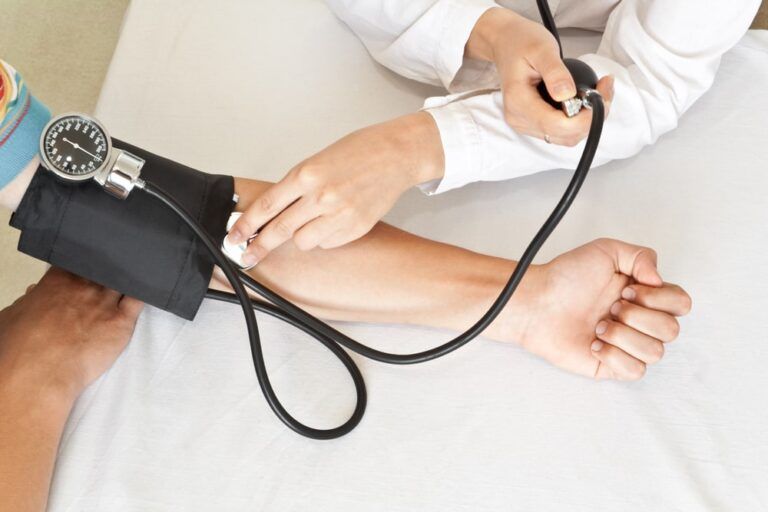Depression is a common and serious medical illness that negatively affects how you feel, the way you think and how you act. It can be brought on by stress, regret, trauma, loss or even a genetic predisposition to developing the disease. People who are suffering from depression often present with chronic fatigue or appetite changes. They may also experience social disassociation in an attempt to isolate themselves from other people. Fortunately, mental health care is available to help people who suffer from depression. But despite the wide availability of treatments, less than half of depression sufferers seek help for their condition.
According to the American Psychiatric Association depression symptoms can vary from mild to severe and can include1:
- Feeling sad or having a depressed mood
- Loss of interest or pleasure in activities once enjoyed
- Changes in appetite — weight loss or gain unrelated to dieting
- Trouble sleeping or sleeping too much
- Loss of energy or increased fatigue
- Increase in purposeless physical activity (e.g., inability to sit still, pacing, handwringing) or slowed movements or speech (these actions must be severe enough to be observable by others)
- Feeling worthless or guilty
- Difficulty thinking, concentrating or making decisions
- Thoughts of death or suicide
Symptoms must last at least two weeks and must represent a change in your previous level of functioning for a diagnosis of depression.
Also, medical conditions (e.g., thyroid problems, a brain tumor or vitamin deficiency) can mimic symptoms of depression so it is important to rule out general medical causes.
Did you know…
Depression can happen to anyone. Depression affects an estimated one in 15 adults (6.7%) in any given year. And one in six people (16.6%) will experience depression at some time in their life. People who have lived through abuse, severe losses or other stressful events are more likely to develop depression. Women are more likely to have depression than men2.
Frequently Asked Questions
Could I need treatment for depression?
If you suspect that you are suffering from depression, seek help immediately. Not only does the illness produce a host of negative symptoms that may worsen with time, but it can also lead to suicidal thoughts and behaviors. Furthermore, the Centers for Disease Control report that depression can have an adverse effect on the long-term outcomes of chronic health conditions like diabetes, cancer, and cardiovascular disease.
What should I expect during depression treatment?
If you seek psychiatric care for depression, you’ll avoid the need to get anti-depressants from a doctor and therapy from a psychologist or counselor. Instead, your psychiatrist will be able to talk with you and educate you about the disease you are suffering from. Whether you experience chronic and severe depression or periodic episodes, your psychiatrist will help you better understand that you are not being judged for your feelings and that no amount of right-thinking or willpower can heal depression.
Will I need to make any lifestyle changes to facilitate my treatment?
In addition to taking any medications you are prescribed, you’ll need to continue visiting your psychiatrist for follow-up appointments. In between visits, your psychiatrist may recommend engaging in more exercise, getting more sunlight, or practicing meditation.
The National Depression Hotline: Anybody anywhere can call 866-629-4564 to reach a specialist with The National Depression Helpline. It’s a free, confidential, around-the-clock helpline for depression and/or anxiety. Free FLORIDA Depression Hotline – 866-629-4564 | Call 24/7 (nationaldepressionhotline.org)
Sources:
- American Psychiatric Association
- World Health Organization









